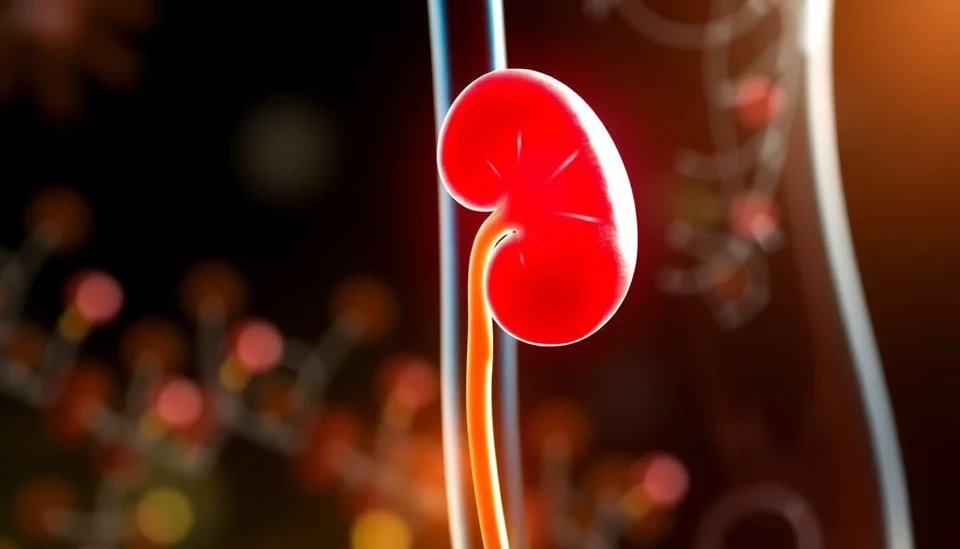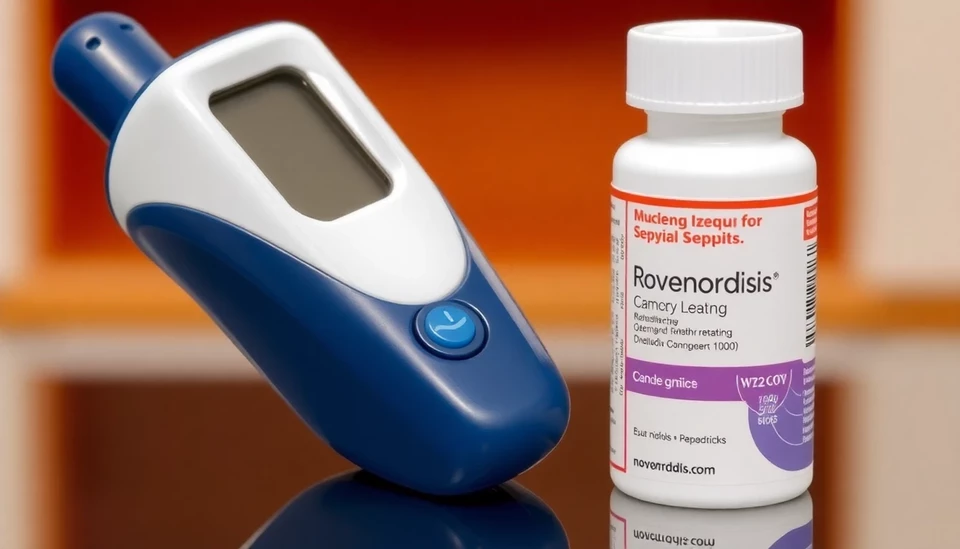
A recent study has unveiled promising findings regarding the medication Ozempic, traditionally used for managing type 2 diabetes and aiding weight loss. Researchers discovered that administering low doses of this drug significantly reduced alcohol cravings among participants, marking a potentially transformative development in the treatment of alcohol use disorders.
The study, which was conducted over several weeks, involved a cohort of individuals who reported a strong desire to consume alcohol. The researchers aimed to assess whether Ozempic, known for affecting appetite and metabolic regulation, could also play a role in managing cravings for alcohol. Participants were given low doses of the medication, and their alcohol cravings were monitored meticulously throughout the trial.
Findings from the study indicated a marked decrease in the frequency and intensity of cravings for alcohol among those taking Ozempic compared to a control group that received a placebo. This outcome not only highlights the multifaceted effects of Ozempic but also opens the door for new therapeutic avenues in addressing problematic drinking behaviors.
Experts speculate that the medication’s ability to modulate certain neurochemical pathways in the brain may contribute to its effectiveness in reducing cravings. Specifically, Ozempic impacts glucagon-like peptide-1 (GLP-1), a hormone that has been linked to appetite regulation and satiety. The interplay between GLP-1 and alcohol craving pathways is an area that researchers are keen to explore further.
While the study represents a significant advancement, researchers caution against the premature adoption of Ozempic for treating alcohol dependence outside of clinical trials. As further investigations and trials are necessary to fully understand the drug’s potential benefits and risks, continued research will be vital in validating these findings and establishing guidelines for future use.
The implications of this study are profound. If further research corroborates these findings, Ozempic may not only offer a new strategy for individuals struggling with alcohol dependence but could also assist healthcare providers in developing comprehensive treatment plans that incorporate medication-assisted therapies.
In conclusion, as the scientific community delves deeper into the impacts of Ozempic on cravings and addiction, this study serves as a beacon of hope for many individuals seeking freedom from alcohol dependency. The possibility of repurposing an existing medication to target cravings could pave the way for innovative treatment options in addiction recovery.
#Ozempic #AlcoholCravings #AddictionTreatment #MentalHealth #DiabetesManagement #MedicalResearch #HealthNews
Author: Samuel Brooks




